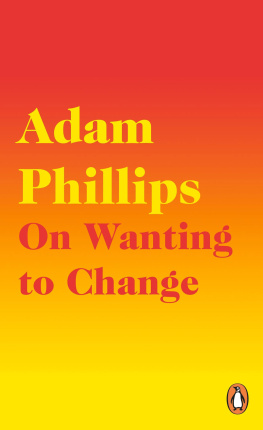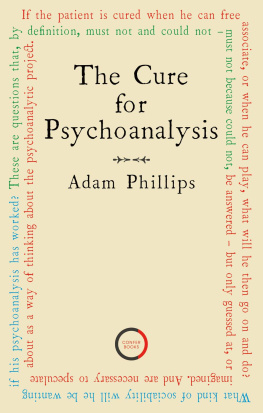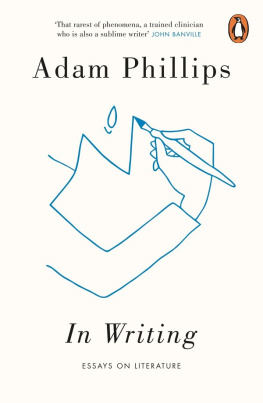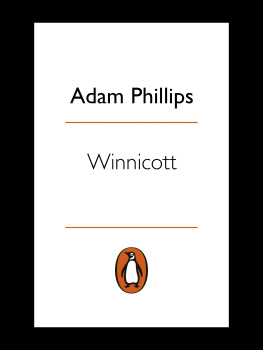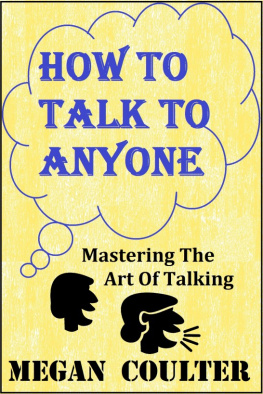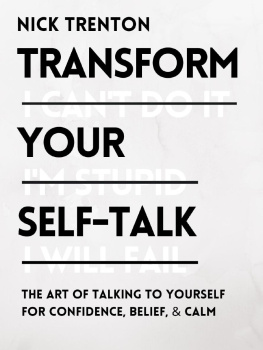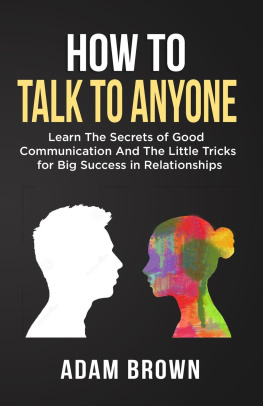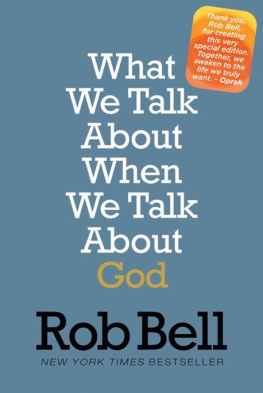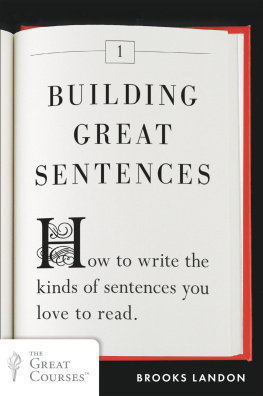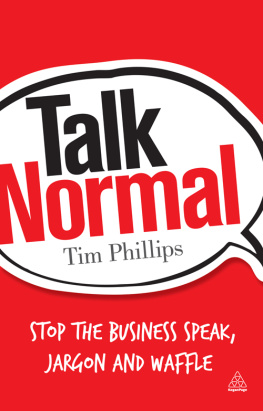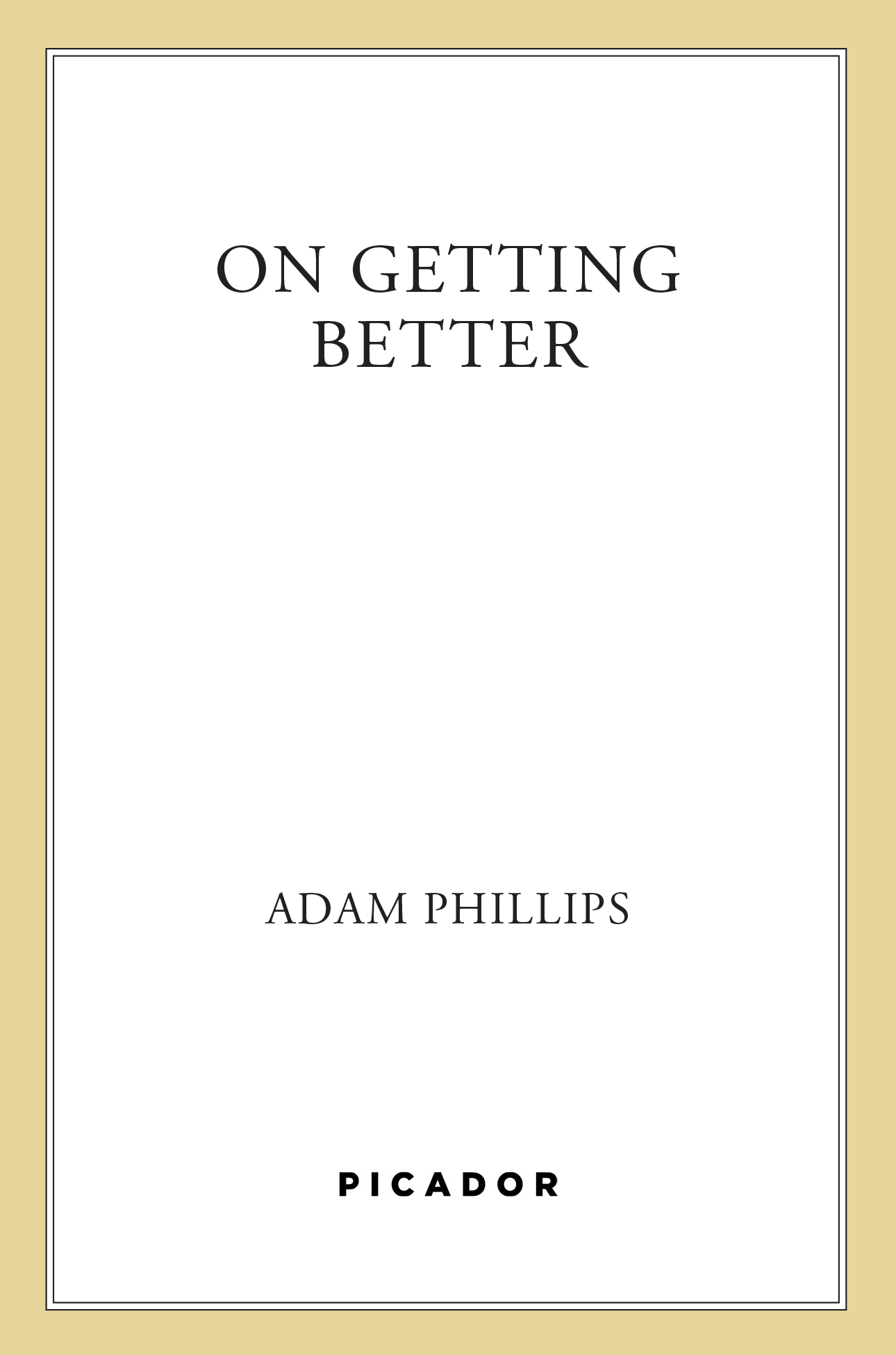Contents
Guide
Pagebreaks of the print version

The author and publisher have provided this e-book to you for your personal use only. You may not make this e-book publicly available in any way. Copyright infringement is against the law. If you believe the copy of this e-book you are reading infringes on the authors copyright, please notify the publisher at: us.macmillanusa.com/piracy.
For Judith
After all, as she always contends, no artist needs criticism, he only needs appreciation. If he needs criticism he is no artist.
Gertrude Stein, The Autobiography of Alice B. Toklas
There is a growing willingness to neglect the question What is our nature? and to substitute the question What can we make of ourselves?
Richard Rorty, Human Rights, Rationality and Sentimentality
What is this strange way of getting something done without doing anything at all?
Eduardo Kohn, How Forests Think
Everyone likes it.
Thats not the point.
Morgan Parker, Ode to Fried Chickens
Guest Appearance on Scandal
Clearly any politics not bent on improving society would not be politics, but would a personal life not bent on self-improvement not be a life, or at least not a life worth taking seriously? We cant imagine our lives without the wish to improve them, without the progress myths that inform so much of what we do, and of what we want (we dont tend to think of ourselves as wanting to be what we are already). Whether we call it ambition, or aspiration, or just desire, what we want and what we want to be is always our primary preoccupation, but it is always set in the future, as though what could be our better life, our better selves lures us on. As though it is the better future that makes our lives worth living; as though it is hope that we most want.
Getting better always starts in fantasy, in our imagining better lives for ourselves; it is the private utopianism of everyday life, the way we formulate our wishes, the way we picture our potential. A future that brings out the best in us; we have to seduce ourselves, that is to say, into believing in the future. And whether or not we describe human development as a cumulative trauma which does at least do justice to the ordinary catastrophes of childhood and adolescence we are prone now to think of traumatic experiences as the saboteurs and the facilitators of who we might be; the material that we are made out of. So getting better, in this story, always involves overcoming or supposedly mastering something that is impeding us. As though getting better is about getting better at mastery; as though getting better is a form of revenge, revenge on life as it is. Getting better is, fundamentally, to change ones relationship to oneself.
Trauma has become the word we use now for whatever stops us in our tracks, for whatever we believe we need to recover from; for whatever, as they say, challenges us. The malign traumatic experiences inhibit us; they can feel like the saboteurs of our development, the saboteurs of our real enjoyment. When we are traumatized in some kind of shock we are, at least to begin with, timid, anxious, more vulnerable, more aggressively self-protective (more arrogant). We seek reassurance in repetition, familiarity and reassurance itself. To be traumatized is to be unable to innovate, or improvise, or surprise oneself; it makes us averse to risk, to the new, to the foreign. When traumas dont prompt us to compulsively seek out further traumas to master to find out if we can survive them they make change an ordeal, development intimidating, and defeatedness (or cynicism) a temptation. Unless or until, that is, we can make something of them.
When traumatic experiences are not actually paralysing, they are the raw material of development. There is, after all, no life without trauma; indeed, the word misleadingly makes us think of something being interrupted, rather than of something integral, something essential to our lives. So much depends on what we can make of what happens to us, and on what we make of what we do; on our being able to metabolize or digest our experience; on our capacity or willingness to transform our experience rather than be merely victimized by it. When getting better doesnt only mean getting safer, it means being able to risk feeling more alive, to risk taking risks, to risk learning and not learning from experience. And the conversion experiences discussed in my earlier book On Wanting to Change in the form of addictions or renovations tend to be our preferred self-cures when our future seems in jeopardy, when our conflicts become insupportable.
And yet there is another kind of common experience that we might call benign trauma, or even wished-for trauma; experiences akin to both trauma and conversion experiences, experiences that, like traumas, can lead to repetition and a certain stuckness, and that, also like traumas, we resist getting over; like conversion experiences they feel positively transformative, and we cant imagine ourselves without them. But unlike traumas and conversions, we dont experience them as either. And even though we dont tend to think of them as part of a process of getting better, these experiences feel as though they get us the lives we want. They are experiences known to every fan, follower and disciple. And, indeed, to everyone with a passion or a vocation or a hobby: to anyone who has been inspired by something or someone, to anyone who has fallen in love, to anyone who has seen, or read, or heard or overheard something, or someone, and been gripped. And as with any trauma or conversion, the risk is that I may end up trapped in a regime, trapped in a vocabulary, simply repeating (imitating) the words of Jesus, or Freud, or Marx, or whoever I am enlivened and fascinated and enamoured by. That I may not be able to use their words to recover my own; that I may finally have resolved the problem of having to go on making choices. I may to all intents and purposes delegate the intelligence that is my imagination to them. All hero-worship, the belle-lettrist Geoffrey Madan wrote in his notebook, is the pooling of self-esteem. We can of course have (and enjoy) what were once called heroes and heroines without sacrifice, but there is always the temptation of disowning or delegating parts of ourselves to others. All hero-worship is a division of labour.
I offer this example by way of suggesting that we may be as much entranced and disarmed as inspired by our opportunities, by our fantasies of getting and being better; that the whole notion of getting better at whatever it might be is at once inevitable and necessary, but can also be a way of narrowing our minds, and deferring our desires. Clearly the best thing we can do is get better at the things we most value; but the desire to get better at something can all too easily usurp the question of what we do actually value, and why we value it (when we are hypnotized by self-improvement, it is easy for us to forget Wildes quip that if a thing is worth doing, it is worth doing badly). There may sometimes be other things we can do than get better; something that by definition the convert can never imagine. Were we to be less impressed by what was once called the perfectibility of man by the original sin of never being good enough we may not have to see who we are, both politically and personally, always and only in the light of who we might be. We may not only need an ambition to be ambitious. The choice may not be between the twin impossibilities of living in the moment and living for the future. Wanting to make a future better than the present and the past is a good project but a bad obsession.


